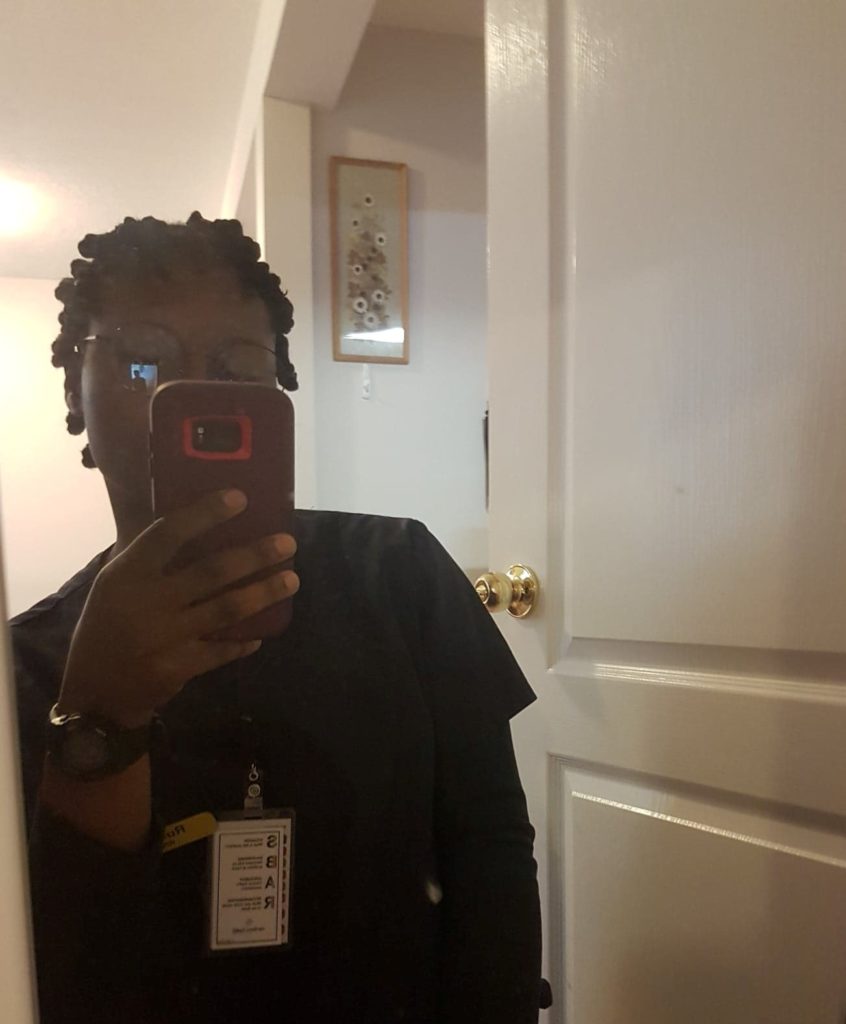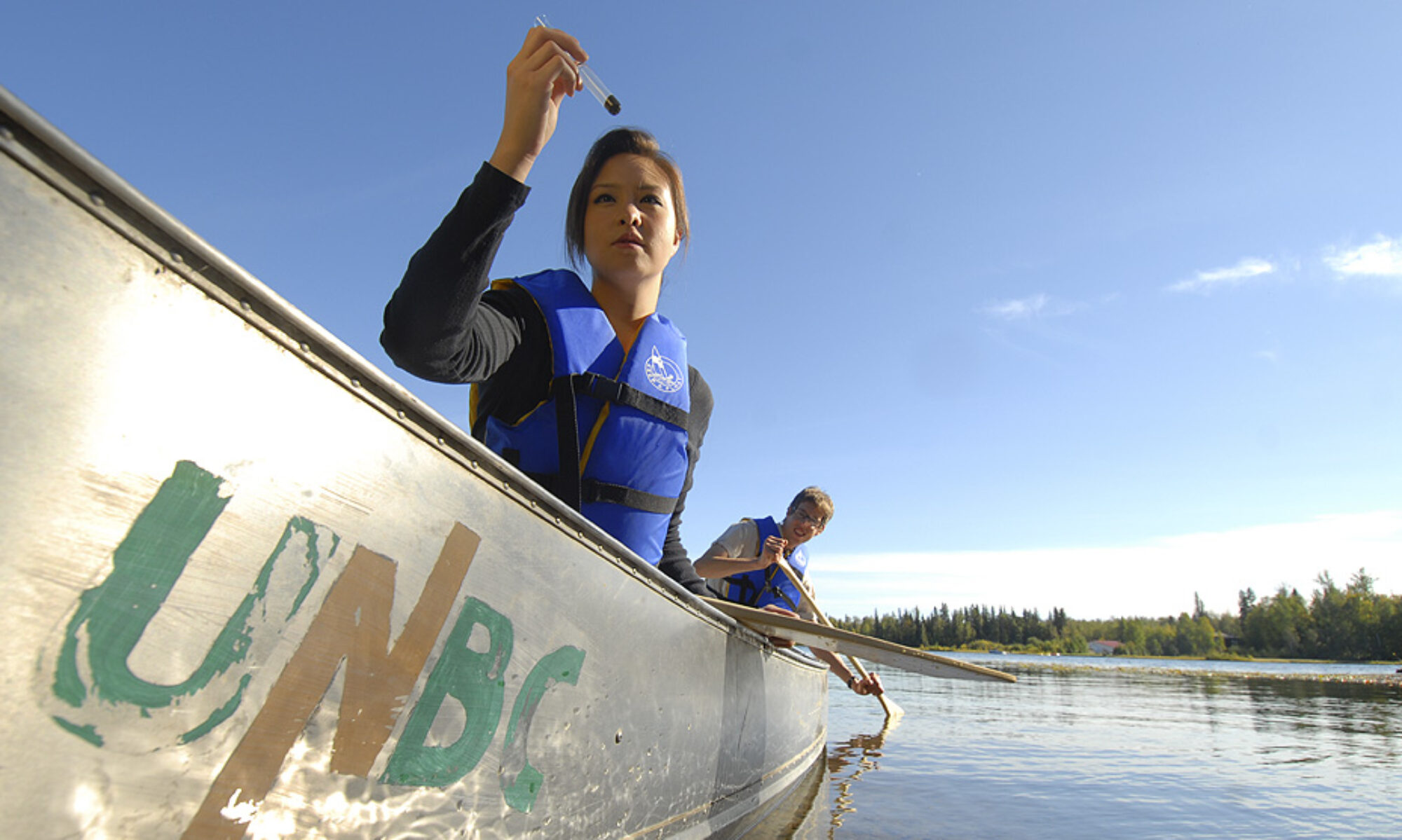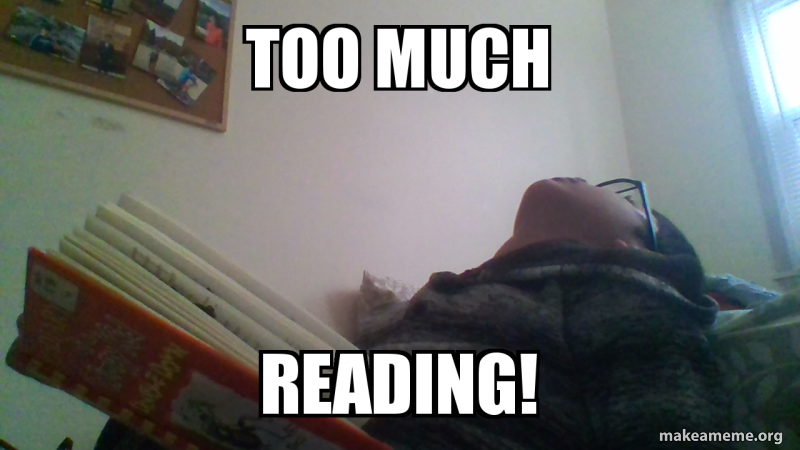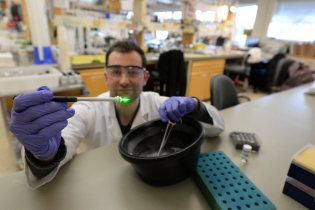I started the fourth semester (2nd year) of my master’s degree program about three weeks ago (around the same time y’all resumed as well), and I must say, it’s been a long couple of weeks. Fortunately for me, the Master of Nursing Science program here at UNBC was initially developed to operate as a distance and online form of learning; as such, my enrolled courses for this semester have been relatively unaffected by the campus-wide switch to alternative mode of education delivery. I suppose it won’t be bold of me to claim to be something of a pro at online-learning.

As part of the requirement of being enrolled in a thesis-based master’s program, I am required to embark on an independent research under the supervision of a knowledgeable professor. Since I am in the proposal development stage of my thesis, I have devoted uncountable hours of my time this summer doing a lot of reading, writing and editing. I must say, it’s the not-so fun part of research – in all honesty – but perhaps the most important stage as well. I will stop here so as not to bore you with the gory details of literature search, critiquing and research matrix. Nevertheless, I must needs say that diligent perseverance in the aforementioned stage makes for a smoother journey down the road (at least so I’ve been told).
As if full time graduate study is not enough, I work part-time as a Registered Nurse at one of the complex care facilities here in Prince George – a job I absolutely enjoy, although can be mentally and emotionally tasking at times. I also hold a casual position with the BC office of patient-centred measurement (BCPCM) as a cognitive testing interviewer (a recent but amazing development!). The office of BCPCM (https://www.bcpcm.ca/bc-patient-centred-measurement) deals with measurement of patient experiences and outcomes to enhance public accountability as well as facilitating the province’s progress towards providing care that is patient-centred. Prior to the launching of a full-scale survey study, cognitive testing is done to ensure that the survey successfully captures the scientific intent of the questions in a way that makes sense to the respondents. In this role, I get to cognitively test aspects of the developed survey by interviewing a small number of select respondents that is like the target population.

In a nutshell, this has been my semester so far; I look forward to what the coming months bring 😊


